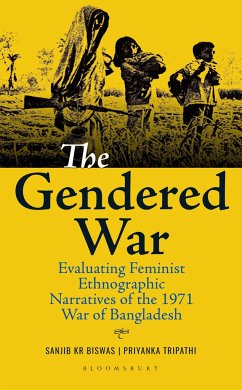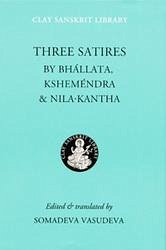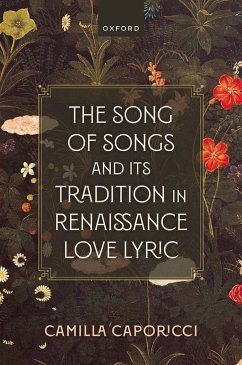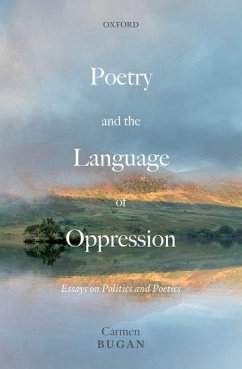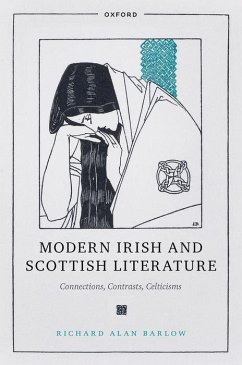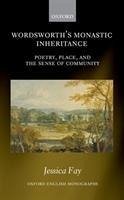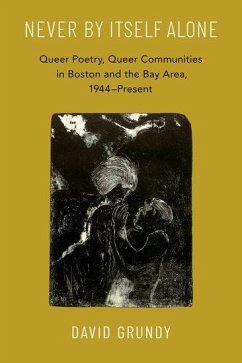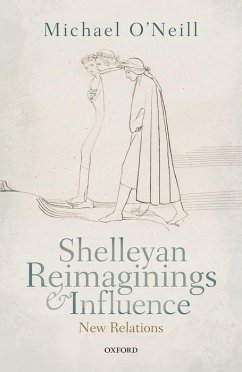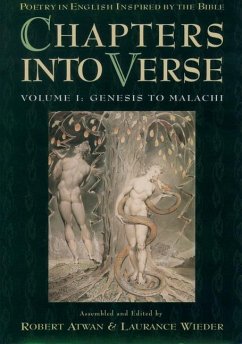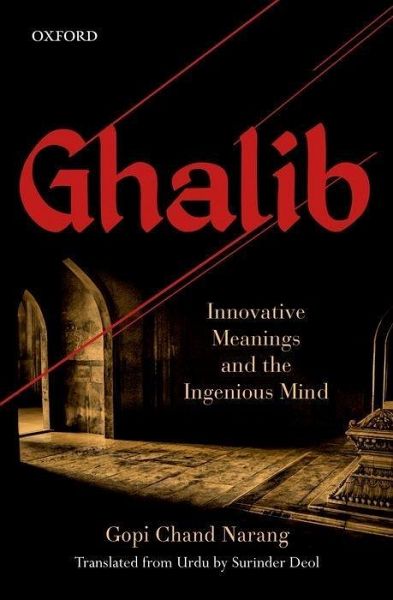
Ghalib
Innovative Meanings and the Ingenious Mind
Versandkostenfrei!
Versandfertig in über 4 Wochen
59,99 €
inkl. MwSt.

PAYBACK Punkte
30 °P sammeln!
This work studies the ingenious poetics of Ghalib by tracing the roots of his creative consciousness and enigmatic thought in Buddhist dialectical philosophy, in particular in Nagarjuna's concept ofshunyata(emptiness or voidness) as well as the influence of the Sabke Hindi tradition (the Indian style of Mughal Persian poetry with indigenized poetics), especially through Abdul-Qadir Bedil, whom Ghalib considered his mentor.



